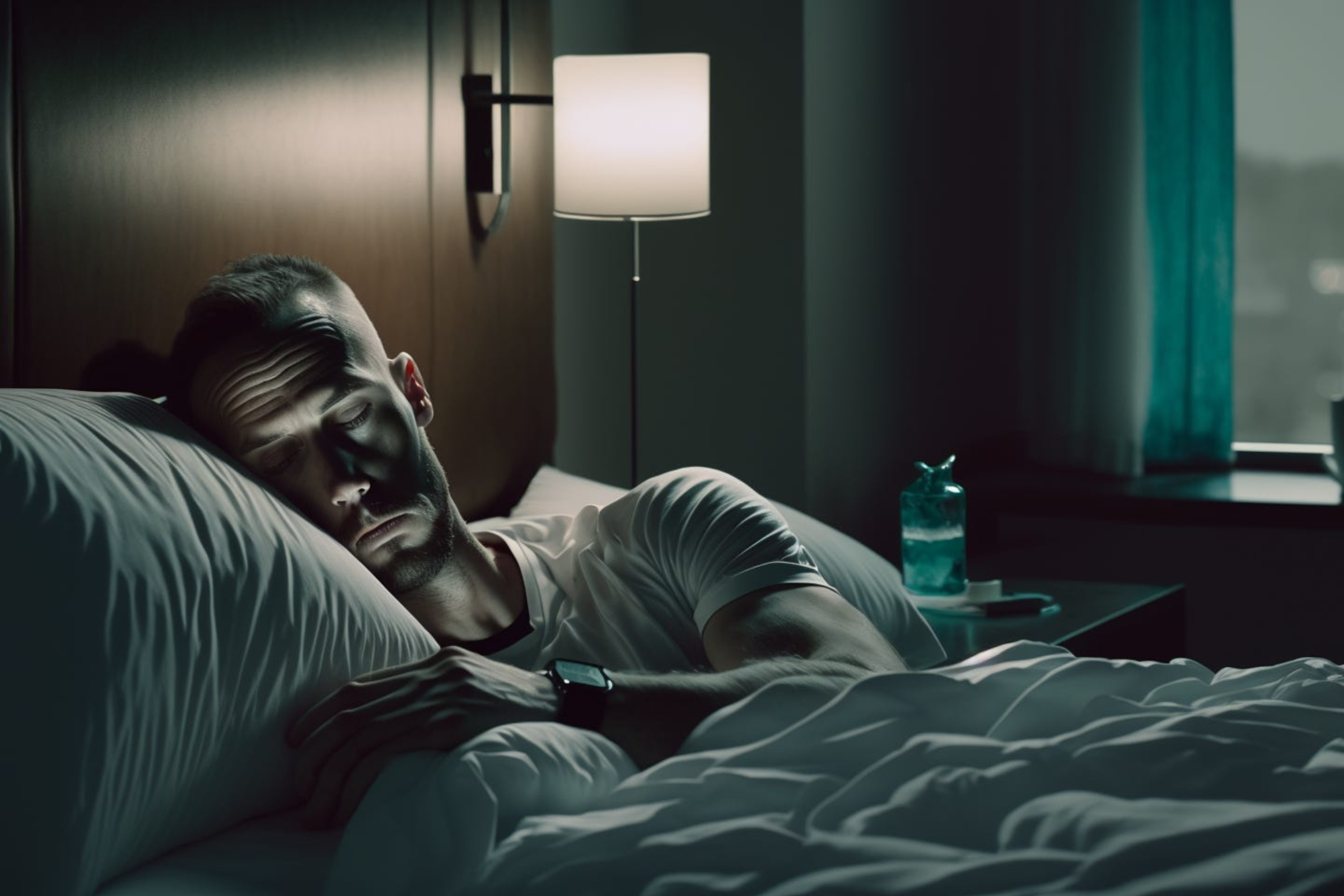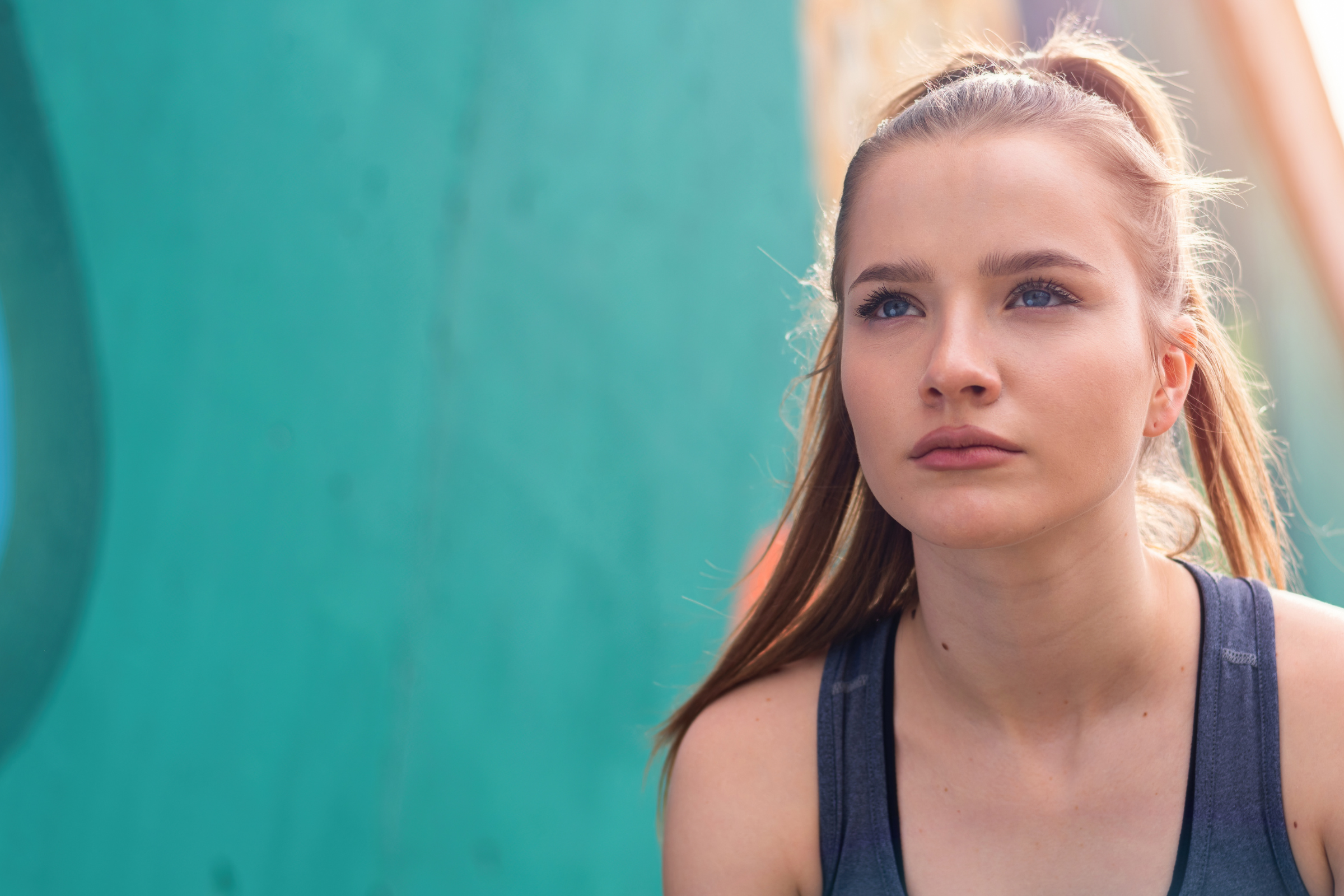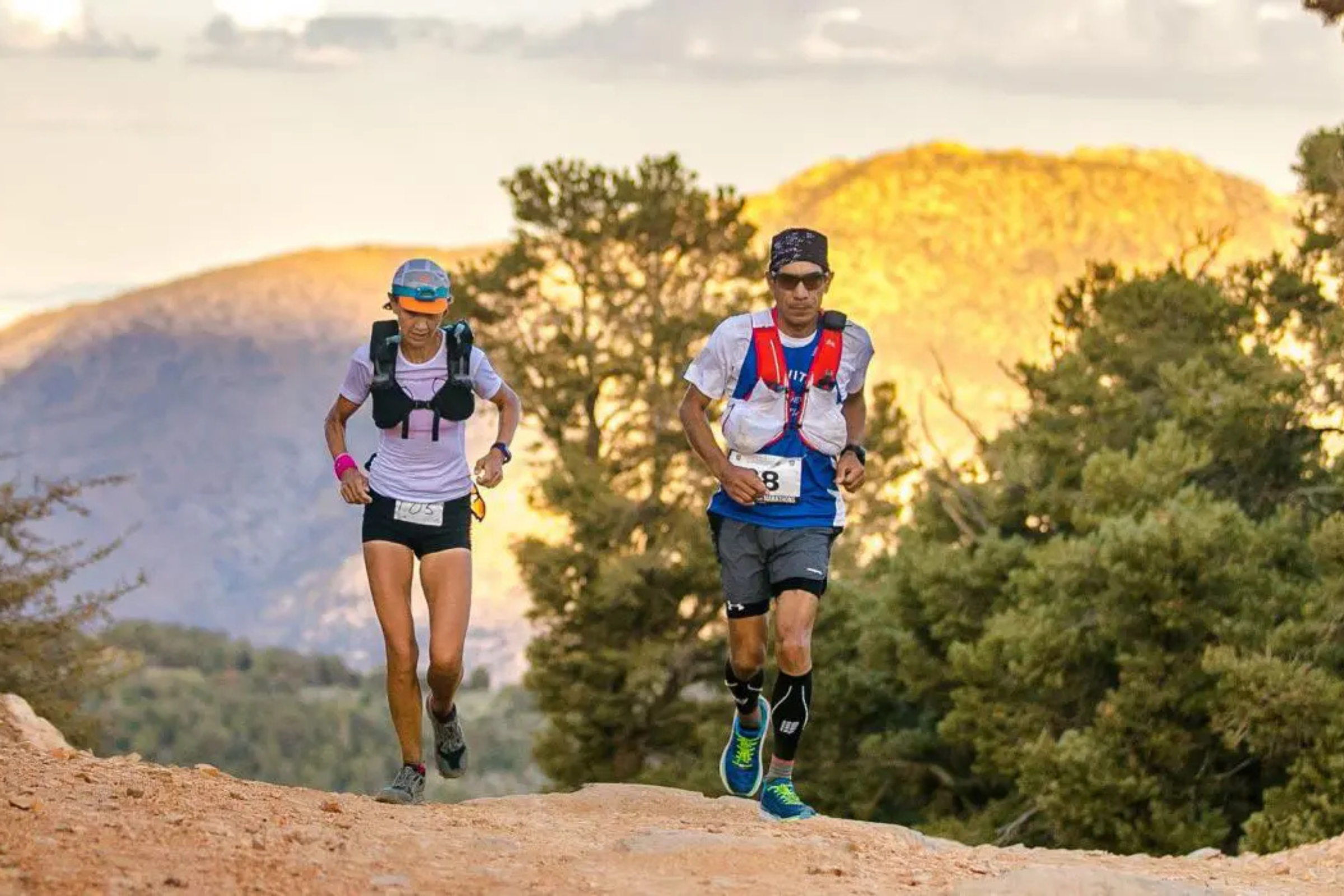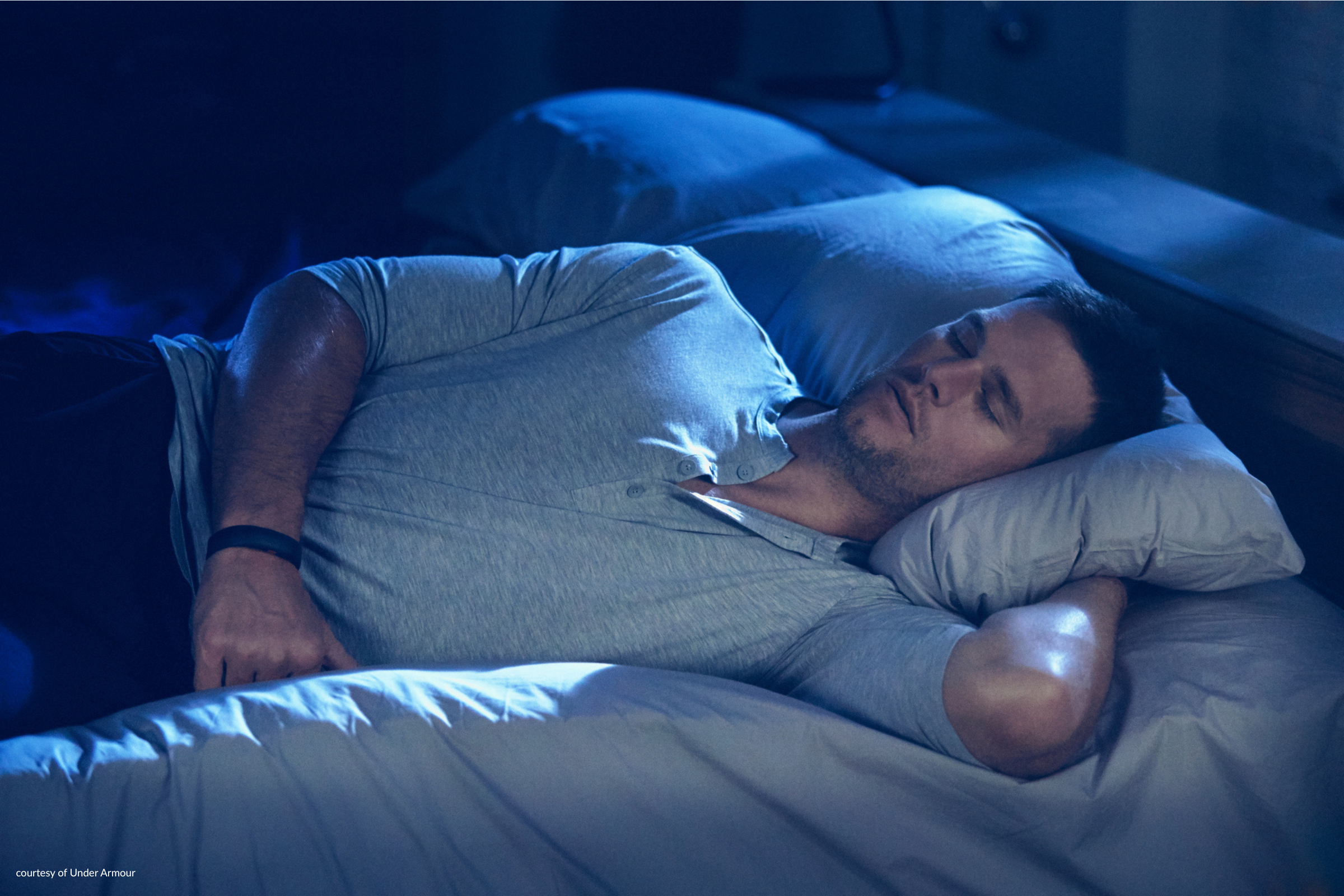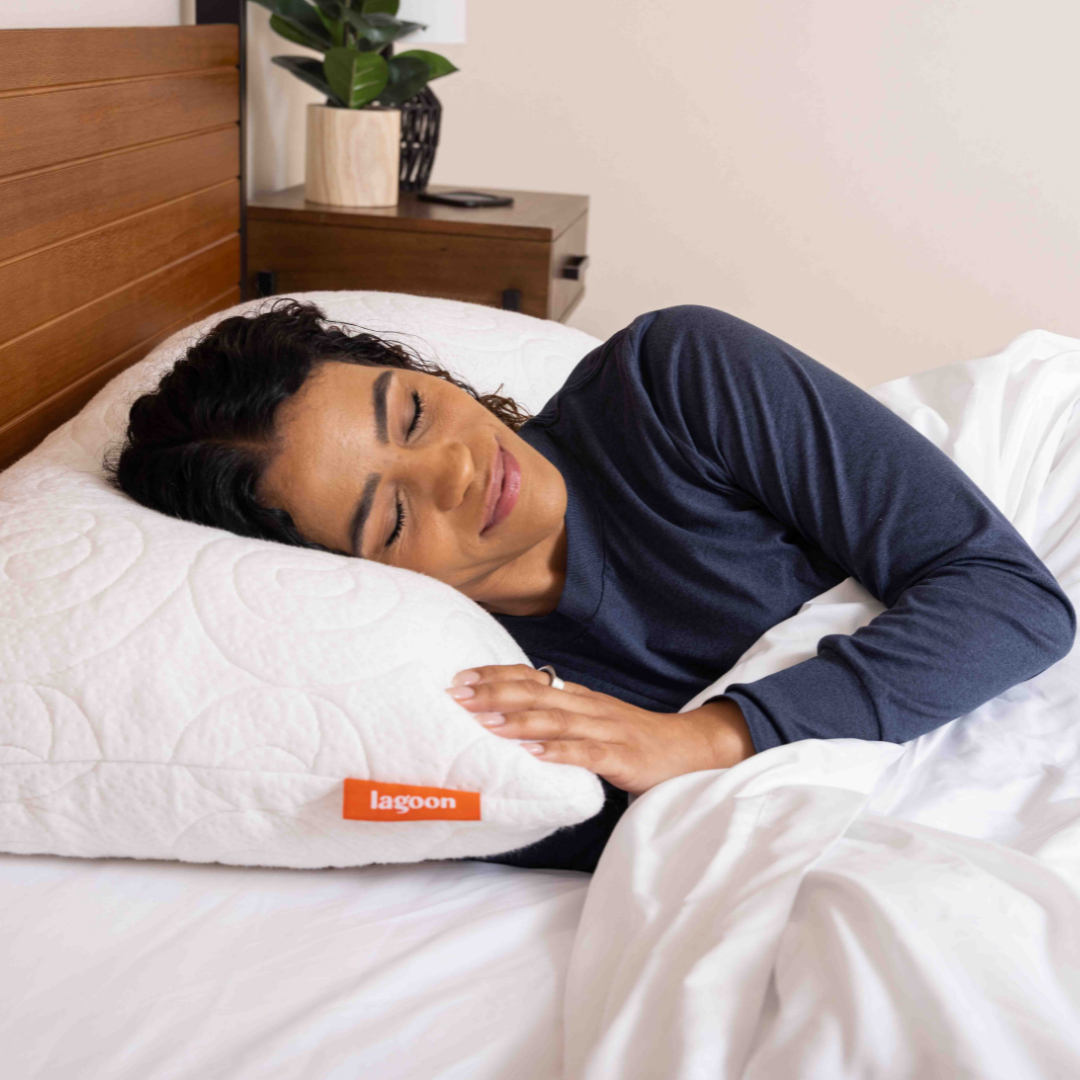Hey packlings 👋
Is strength training the secret to a better night’s sleep? And what did we learn about Olympic athletes’ sleep habits from the Tokyo Games? There’s plenty to discover in this week’s edition of the Sleep & Fitness News, so let’s get into it!
🏋️ Is Strength Training the Secret to a Better Night’s Sleep?
That’s right - grunting through a heavy set of biceps curls may just be the answer to your bedtime woes. Researchers from Iowa State University wanted to see who would sleep best amongst 386 inactive adults with three different exercise routines and a control group that “just chilled.” For a year, each of the training groups worked out for an hour, three times a week - one group doing cardio only, one doing cardio and weightlifting and the last doing weightlifting only. The results - average sleep duration increased by an impressive 40 minutes in the bodybuilding team, compared with just 15 to 23 minutes in the other groups. The lifters also fell asleep faster, too. So, next time you struggle to snooze - it might be time to hit the weights!
🥬 How Magnesium Can Improve Sleep & Performance
Magnesium has (rightfully) gained quite a bit of popularity recently for its wide range of health benefits. The natural mineral found in the food you eat and in supplements helps support your immune system and keeps your bones, muscles and heart healthy. Its benefits can be acutely seen both in your sleep and in your overall fitness. Recently sports dietitian Destini Moody spoke with CNET to call out that specifically magnesium can help improve sleep *quality,* and in terms of physical fitness, “studies have shown magnesium intake can lead to more muscle mass and strength,” she explains. So if you’re looking for improve both your sleep and fitness, consider adding magnesium to your daily or nightly routine.
🦊 Lagoon’s Fox Pillow Spotlight In Home & Garden
We’re excited to share that this week the Fox pillow was featured in Home & Gardens. Editor Alex Temblador said “it couldn't be easier to adjust the Lagoon Fox Pillow to the ideal firmness and feel of any sleeper.” Temblador is part of a sleep product testing team at H&G which has sampled some of the world's best pillows. That’s why we were honored to hear her glowing review including - “after the first night of sleeping on The Fox, I understood the appeal of this super soft and cozy pillow,” said Temblador. “It improved my sleep and didn't cause any aches in my neck. I also tried the Lagoon Silk Pillowcase, and suffice to say, I was a fan of that, too.” We loved to see that she took advantage of and really enjoyed the adjustability of the pillow too. You can read her entire review here, and then go ahead and pick up your own Fox pillow.
🥇 Do Olympic Athletes Sleep As Soundly As You Think?
A new study of 1600 Olympic and Paralympic athletes, taken before the Tokyo Olympic Games in 2021 suggest that a surprising number of athletes aren’t sleeping as much or as well as they’d like. The study published in the International Journal of Sports Physiology and Performance found that roughly 40 percent of the athletes were rated as having poor sleep. The scores take into account factors like how long you typically sleep, how long it takes you to drift off, how often your sleep is disturbed, whether you take sleep medications, etc. Understandably, there are reasons Olympic athletes might have sleep troubles - such as 6am training sessions, frequently traveling across time zones, aches and pains from training, and the stress of competition. The study suggests that either there’s room for athletes to capitalize on optimizing sleep to maximize their performance - or that sleep might not be that deterministic of a factor to elite athletic performance. My perspective is that it’s more the former, and that these elite athletes are perceiving their sleep is worse than it is - possibly relative to their peers - but might still be quite good relative to the general population.
👟 Regular Exercise Found to Help Prevent Insomnia
We often talk about how beneficial sleep can be for your athletic performance, but it’s important to emphasize that this relationship is cyclical with exercise also being important for your sleep and long term health. “People who start becoming more physically active and exercising more do have a tendency to have improved nighttime sleep in terms of their total sleep time, and their ability to fall asleep,” said Dr. Erla Björnsdóttir, sleep expert and professor at Reykjavik University. If you’re not currently exercising regularly, know that you don’t have to start running marathons to get the benefit. You just have to start, and be consistent. “Even moderate-intensity exercise, such as walking or yoga, can have significant positive effects on sleep,” Björnsdóttir said. Specifically, exercise has been shown to improve sleep quality and duration by promoting relaxation, reducing stress, and enhancing mood. Physical activity helps regulate the body’s internal clock and promotes deeper, more restorative sleep. So if you’re struggling to get those Zzz’s - make sure that regular exercise is part of your routine.
That's all for this edition of sleep & fitness news.. Thanks so much for following along! Remember to follow @lagoonsleep on Instagram for your daily dose of sleep & fitness news and entertainment.



